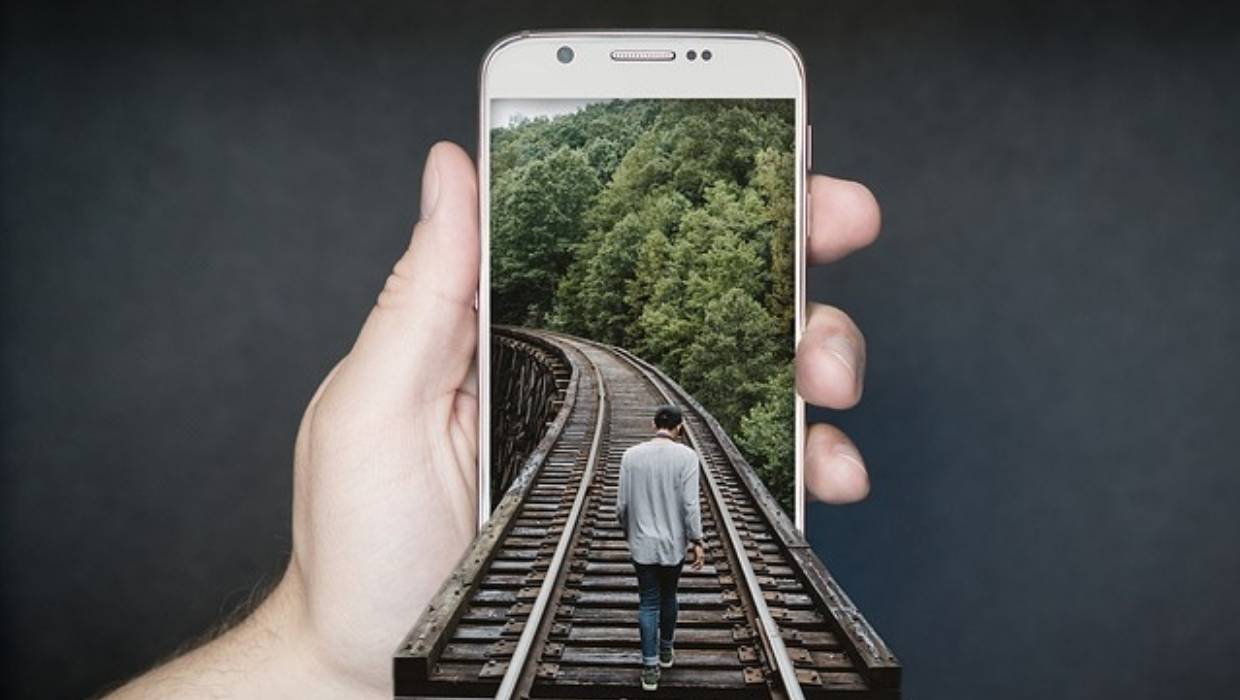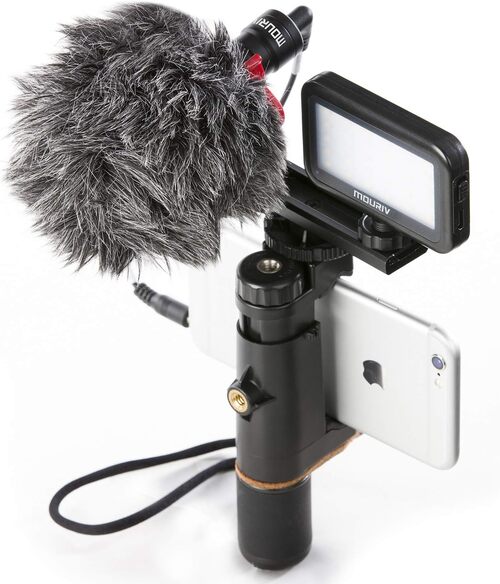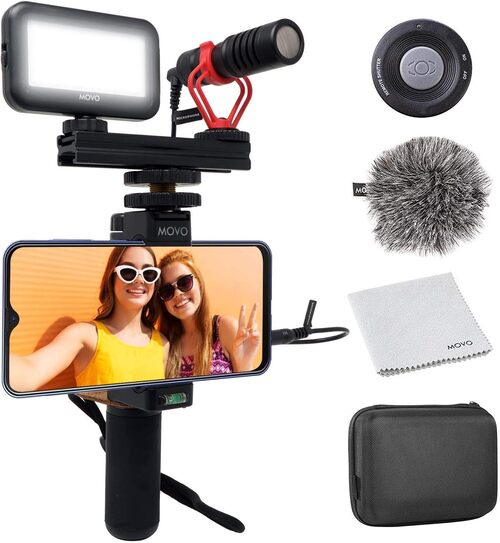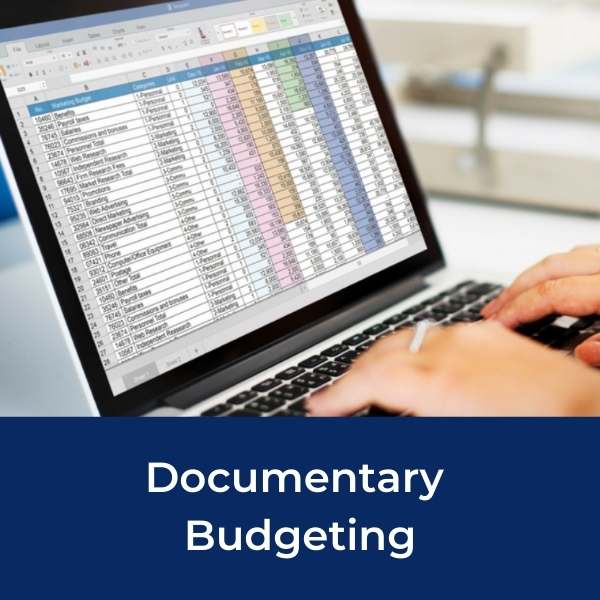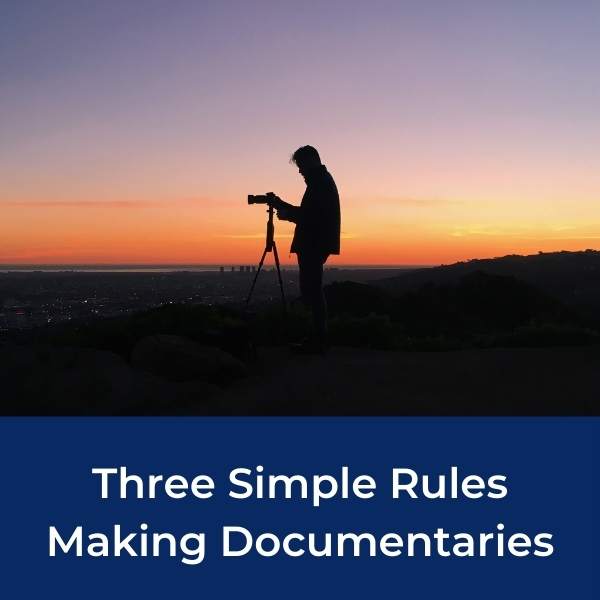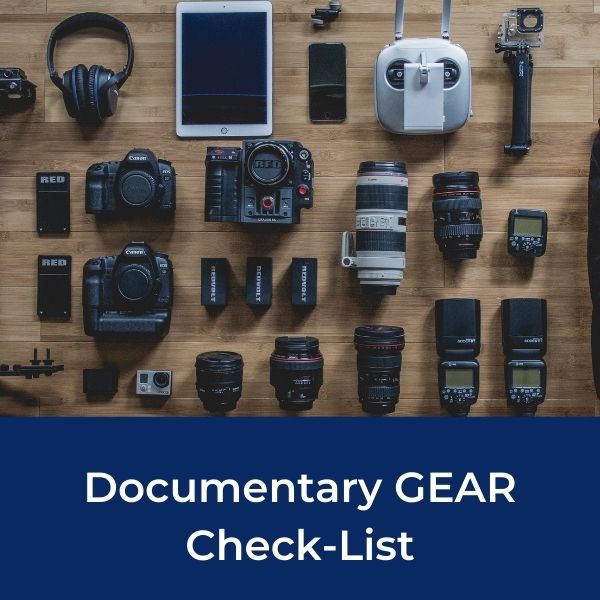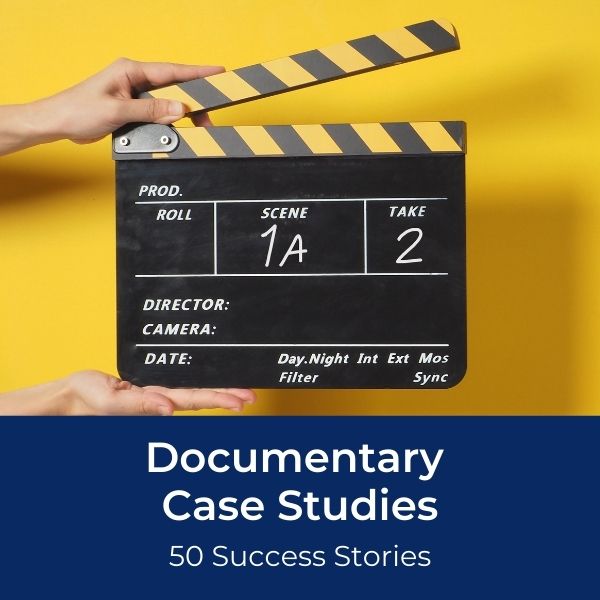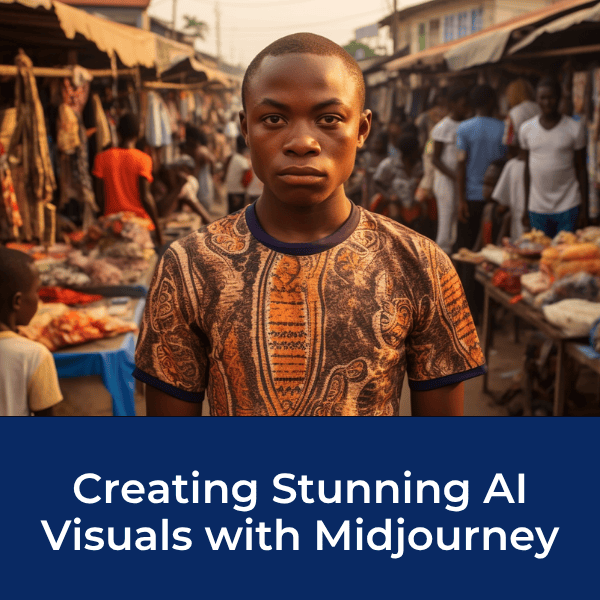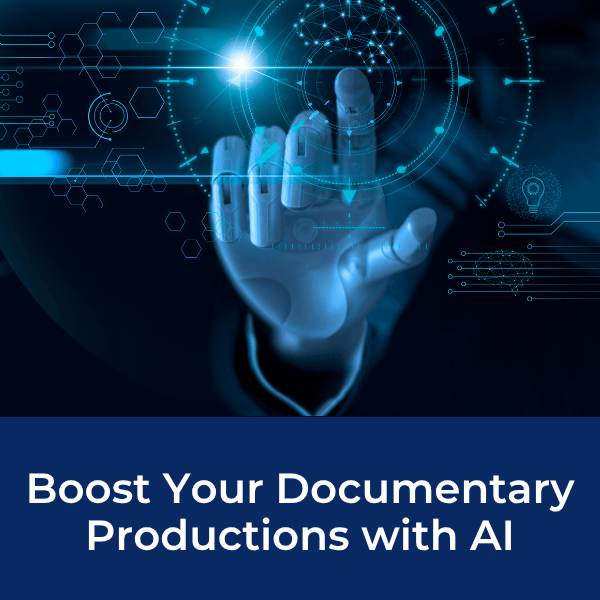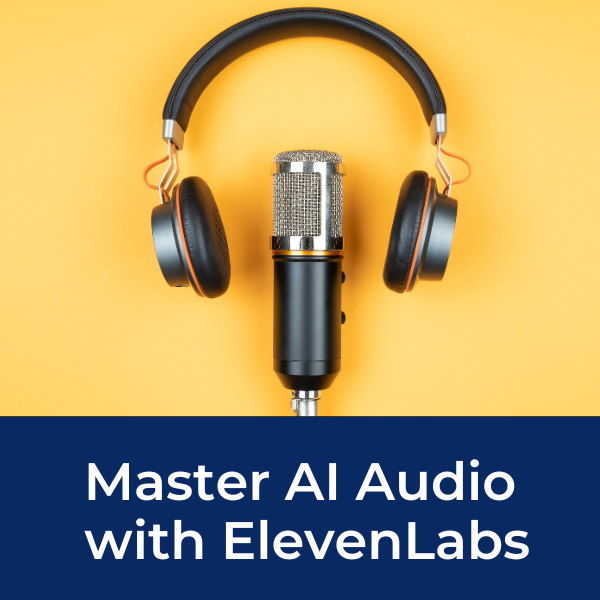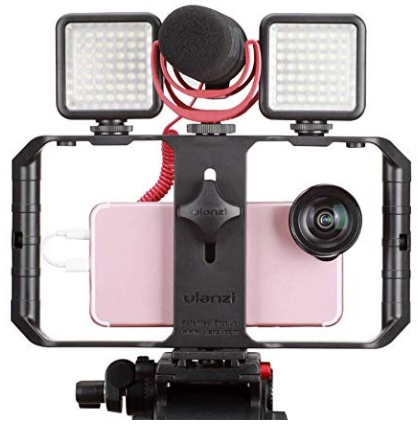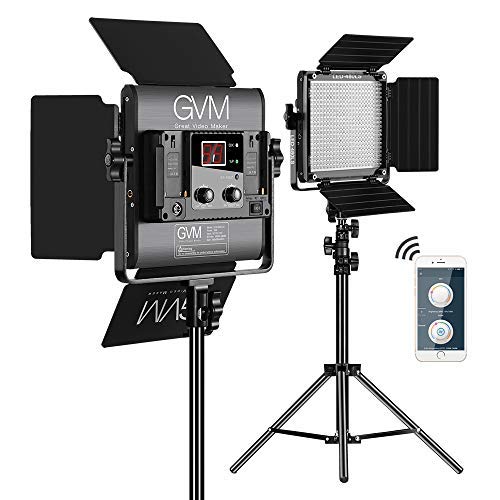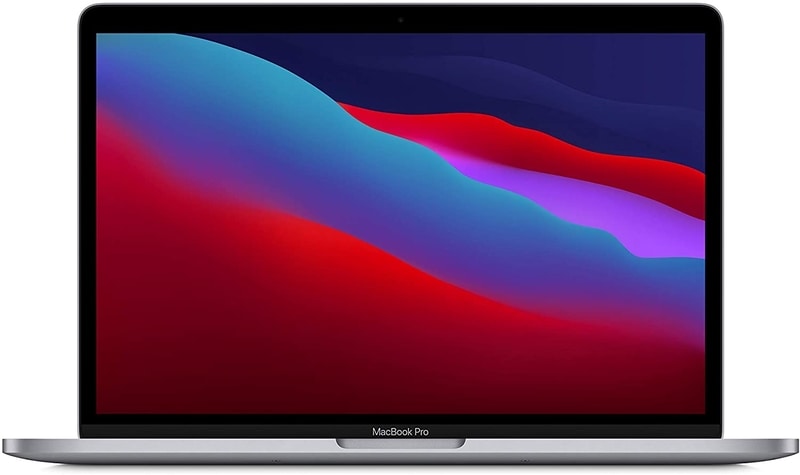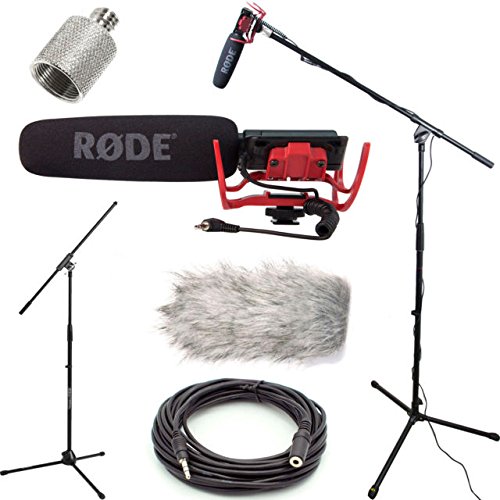The Ultimate Beginner's Guide To Smartphone Filmmaking
Learn How To Make A Documentary
The revolution of storytelling is here!
Everything you need to tell your story can be done right here, right now with your smartphone (most likely).
Assuming your phone is fairly new and in working order, you have everything you need to begin your filmmaking journey.
Check out the videos below for some top smartphone filmmaking tips.
Smartphone Filmmaking Kits
5 Points For First Time Smartphone Filmmakers
1. Stabilization
Whether you are using tripods, gimbals, shooting handheld or simply laying your camera on a steady surface, the steadiness of your camera's shots says a lot about the story that you are telling.
There is no wrong way, but if you are shooting everything handheld, can you somehow make that (the fact that everything is being shot handheld) into an creative endeavor rather than a "this is all we have and that's why it looks this way" approach.
2. Manual Control
A lot, really, a lot of what you shoot can be done by simply turning on your camera and pressing record. That's a huge part of the beauty of smartphone filmmaking. Your camera will likely get the job done.
How you bring in your original footage is another way to show a creative and intended approach to your film (and its story). Using apps that give you manual control over your camera can give you more control over the color adjustments you use in the editing process.
3. Great Audio
You can record audio with your smartphone's camera. It can be good. It won't be great. The single most important thing you can do to let your audience know you are serious about your story and film is to capture great audio.
4. Editing
This is where your story becomes a film. Up to this point you only have words on paper and random clips of footage.
Editing is a challenge for many reasons. First, you have to learn how to operate a video editor. Then you have to develop a style or the ability to mimic an editing style. Editing is an incredibly important part of the filmmaking process.
5. Being Creative (Using Your Limitations)
This is the most important piece of advice. As you start filming you will quickly come to understand how much you don't know about filmmaking and how much you don't know about the tools you are using to make your film. You will have to confront your limitations.
But here's the thing about limitations. Everyone has them. Ken Burns, Michael Moore, Steven Spielberg, George Lucas...everyone. Everyone must face their limitations. Your audience can often tell what limits you are working under without you having to explain that you didn't have the budget for more lights or better graphics.
It's hardly ever the tools you use that make people like your film. It's how the filmmaker uses them. That's where audiences offer their accolades.
Are You A One Person Documentary Crew?
Recommended For You
- Free Film, Video, Audio and Photos For Your Documentary
- One Man Film Crew (Can I Make A Documentary By Myself?)
- Get a Free Documentary Starter Kit
Documentary Courses and Templates
Ready To Make Your Dream Documentary?
Sign up for our exclusive 7-day crash course and learn step-by-step how to make a documentary from idea to completed movie!
